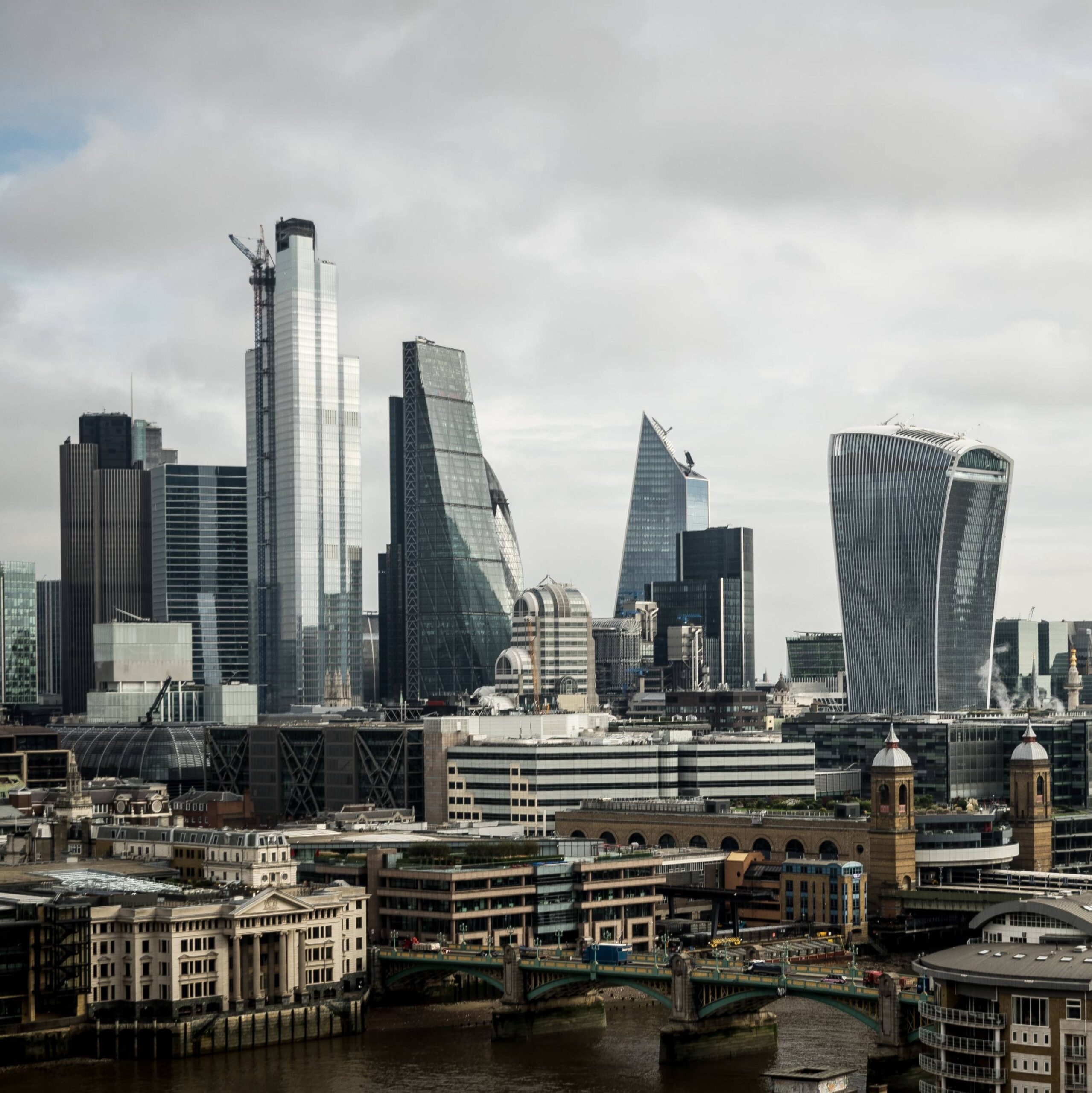
Economic update
Last Friday, in response to the mounting political crisis over his tax-cutting Growth Plan, Kwasi Kwarteng arrived back earlier than scheduled from the International Monetary Fund (IMF) conference in Washington, and headed straight to Downing Steet, where the Prime Minister sacked him from the role after just 38 days.
Jeremy Hunt, former Foreign Secretary and Health Secretary, who also competed for the Conservative party leadership twice, was named as the new Chancellor. Hunt will now deliver the Medium-Term Fiscal Plan on 31 October, alongside the Office for Budget Responsibility (OBR) forecast.
Rounding off another challenging week for the UK economy and the government, Liz Truss held a Downing Street press conference on Friday where she announced that Corporation Tax will rise from 19% to 25% next year, another major U-turn on the tax-cutting Growth Plan, unveiled just three weeks previously. Truss admitted that her radical agenda had rattled financial markets, admitting that her borrowing-fuelled plan “went further and faster than markets were expecting,” before adding, “we need to act now to reassure the markets of our fiscal discipline.”
The government has come under intense pressure to take action to reverse aspects of the Growth Plan, in order to alleviate market concerns.
“The most important objective for our country right now is stability”
The fourth Chancellor in as many months, Mr Hunt made an emergency statement on Monday morning in a bid to stabilise financial markets, before addressing the Commons later in the afternoon. Declaring “the most important objective for our country right now is stability,” he set out his intentions to scrap almost all the tax measures set out in the Growth Plan not yet legislated for in Parliament. These include abolishing the planned reduction to the basic rate of Income Tax from 20% to 19% next April, abandoning the Dividend Tax rate changes, in addition to ditching the VAT-free shopping scheme for non-UK visitors. The government will also not be proceeding with reversal of the off-payroll working reforms introduced in 2017 and 2021, or freezing alcohol duty rates as previously pledged.
He also announced a significant amendment to the government’s energy plan, which will now only run to April 2023, with a Treasury-led review introduced to determine how to support households and businesses thereafter.
The planned reduction to Stamp Duty will proceed, as will the reversal of the 1.25 percentage point increase in National Insurance contributions.
Saying he remains confident about the UK’s long-term economic prospects, the new Chancellor did caution, “growth requires confidence and stability, and the United Kingdom will always pay its way. This government will therefore make whatever tough decisions are necessary to do so.”
